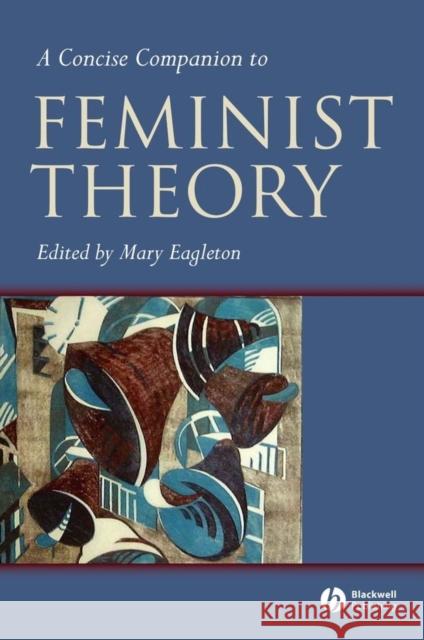A Concise Companion to Feminist Theory » książka
topmenu
A Concise Companion to Feminist Theory
ISBN-13: 9780631224020 / Angielski / Twarda / 2003 / 288 str.
A Concise Companion to Feminist Theory
ISBN-13: 9780631224020 / Angielski / Twarda / 2003 / 288 str.
cena 595,35
(netto: 567,00 VAT: 5%)
Najniższa cena z 30 dni: 590,48
(netto: 567,00 VAT: 5%)
Najniższa cena z 30 dni: 590,48
Termin realizacji zamówienia:
ok. 30 dni roboczych.
ok. 30 dni roboczych.
Darmowa dostawa!
The Concise Companion to Feminist Theory introduces readers to the broad scope of feminist theory over the last 35 years.
- Introduces readers to the broad scope of feminist theory over the past 35 years.
- Guides students along the cutting edge of current feminist theory.
- Suitable for students and scholars of all fields touched by feminist thought.
- Covers an exceptionally broad range of disciplines, discourses and feminist positions.
- Organised around concepts rather than schools of feminism.











